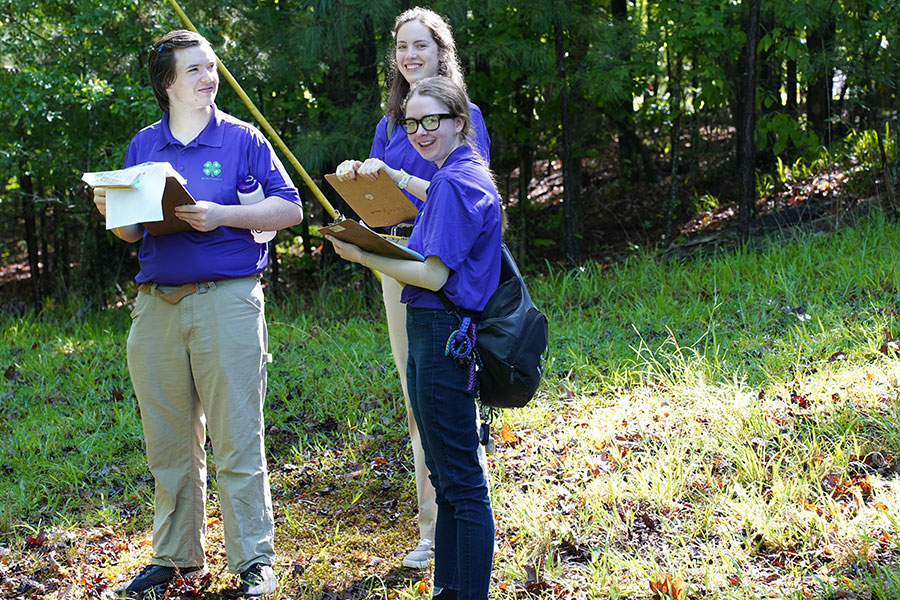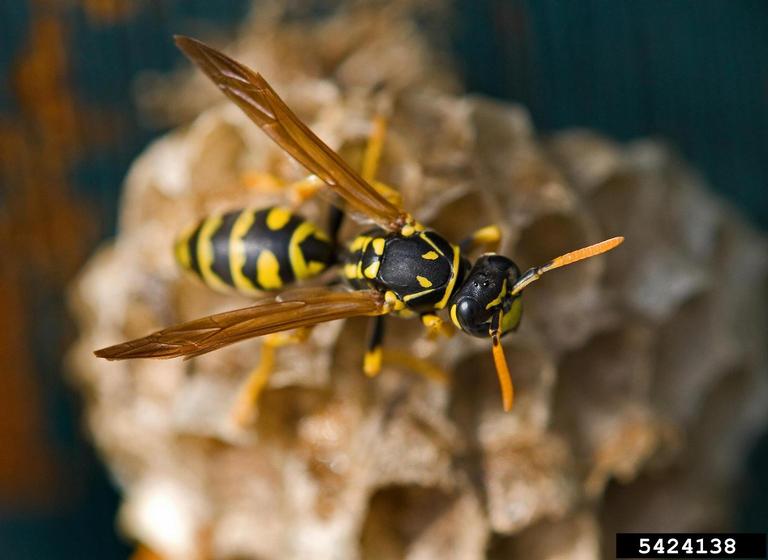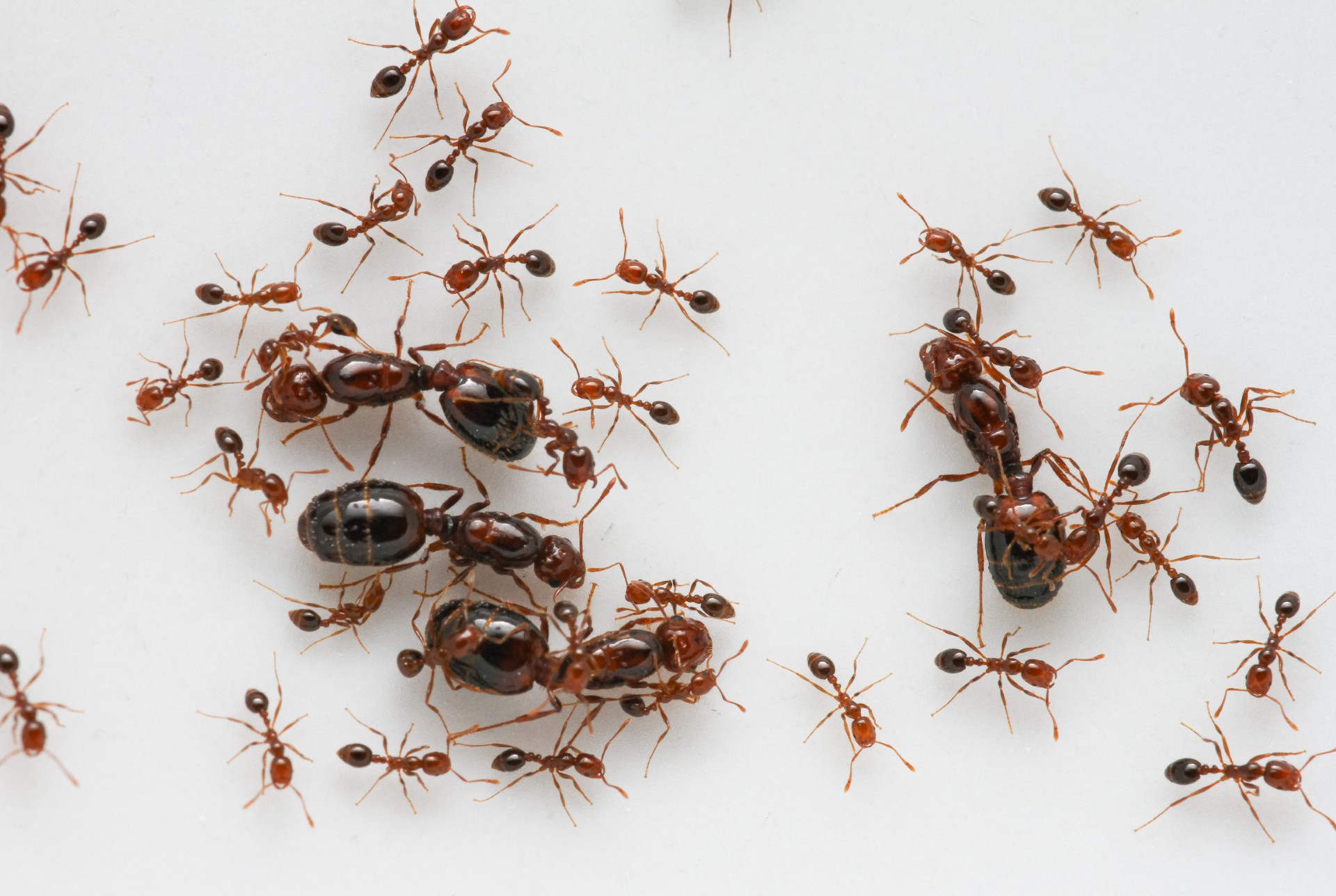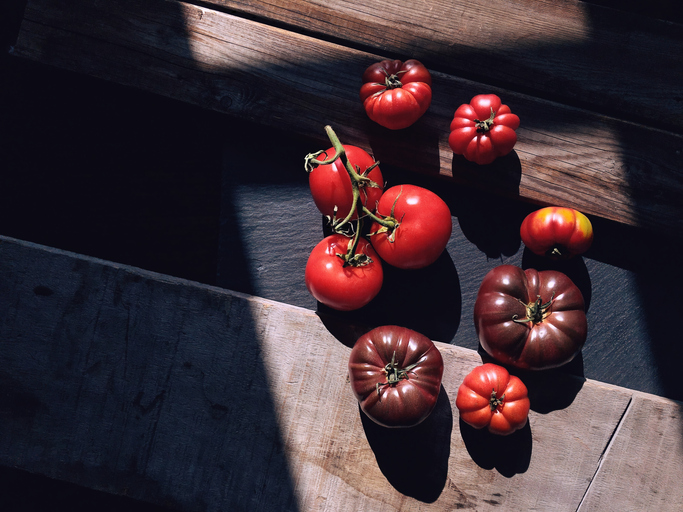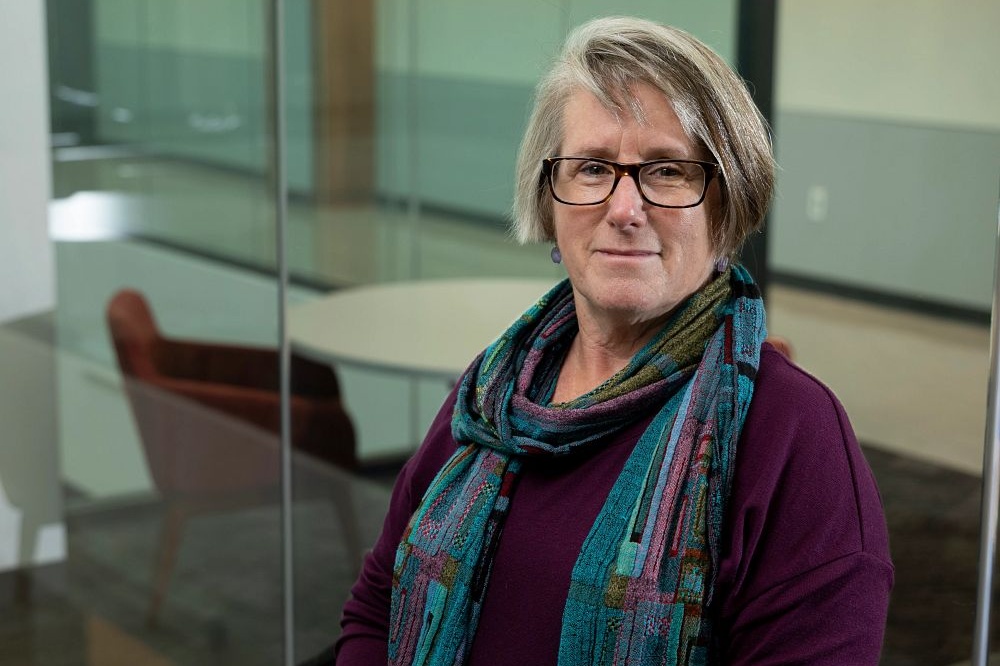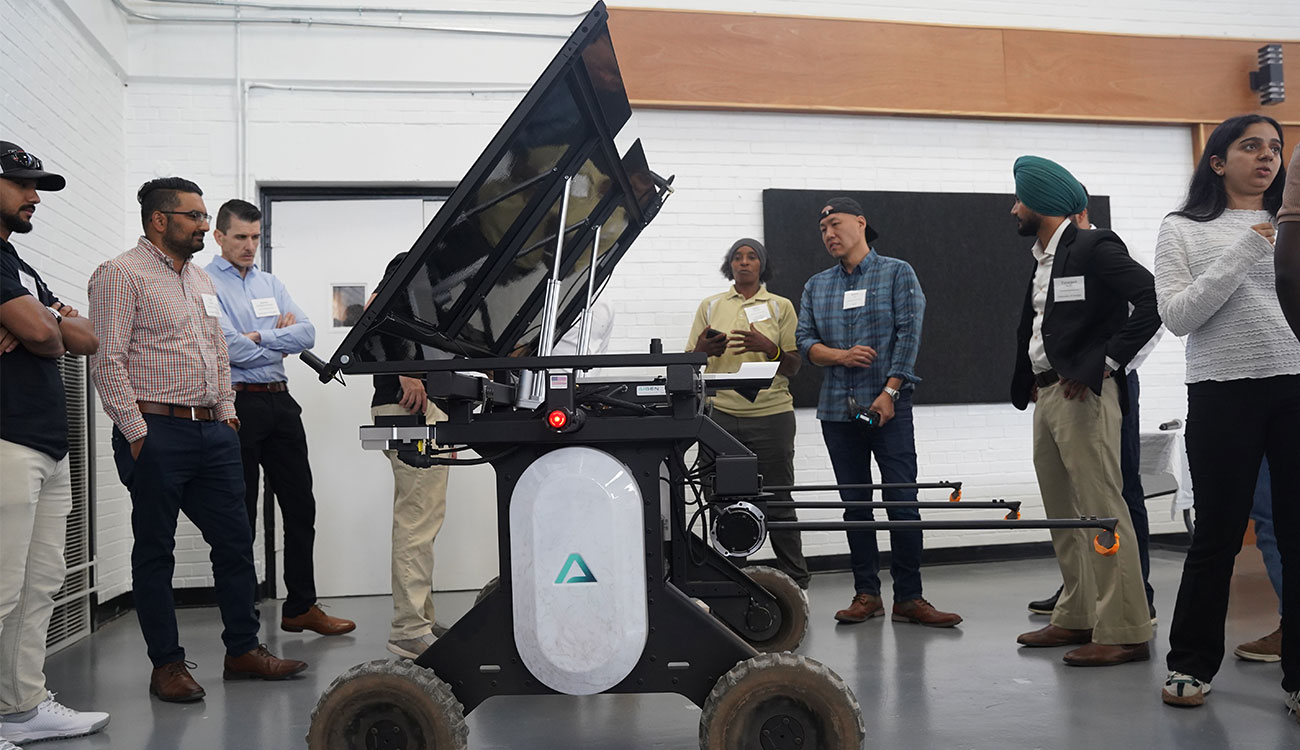The distinctive whistle of bobwhite quail may be heard much more often if research into re-establishing them in Georgia and the Southeast is successful.
 Over
the past 40 years, the quail population in Georgia has dropped
70 percent, say University of Georgia wildlife experts.
Over
the past 40 years, the quail population in Georgia has dropped
70 percent, say University of Georgia wildlife experts.
"The decline in the number of quail indicates that things are not going well in many parts of rural Georgia," said John Carroll, a wildlife specialist with the UGA Warnell School of Forest Resources.
"We've had a lot of urbanization," he said, "especially in the Piedmont area of Georgia. And we've lost a lot of farmland to forestry. All this has combined to reduce the quality of the habitat for quail."
Carroll said farming practices on Georgia's remaining farmland, too, has led to the decline in quail.
"Farms are being more intensively managed as we see more specialization of crops and more chemical inputs," Carroll said. "The farmer needs more control over his property to make a living. And unfortunately, quail, as a by-product, have been very much diminished."
Georgia quail
Bobwhite quail nest in abandoned farms and fields, brushy cover and woodland edges. They're reddish brown with a short, gray tail.
The male has a white throat and a white band that extends from above the eye down the neck. The female has similar markings, but hers are buff-colored.
Where have all the quail gone?
For the past two years, UGA researchers have been working with
the Georgia Department of Natural  Resources,
Georgia Forestry Commission, U.S. Department of Agriculture and
Quail Unlimited. They're trying to unlock the mystery of why
quail
are disappearing and find ways to bring them back.
Resources,
Georgia Forestry Commission, U.S. Department of Agriculture and
Quail Unlimited. They're trying to unlock the mystery of why
quail
are disappearing and find ways to bring them back.
"We've found that quail have two critical needs," said Randy Hudson, an entomologist working at the Tifton campus of the UGA College of Agricultural and Environmental Sciences. "They need a good supply of small insects for the chicks and sufficient brood habitat."
The first four weeks of their lives, quail chicks survive on a 100-percent insect diet. "And they don't eat just any insects," Hudson said. "We first had to determine what they eat and then figure out what farmers need to plant to attract these insects."
Quail Chicks Love Bugs
Hudson and other researchers found the young quail like a host of small beetles and grasshoppers.
"We're now developing cropping systems to help farmers know what to plant," he said. "They need to plant certain crops for quail food and others for quail habitat."
The researchers have found that a combination of wheat and ragweed makes for an excellent quail habitat.
"The wheat seeds become food for the adult birds, and the ragweed provides a canopy for the young birds," Hudson said. "This combination is also insect-rich and clean on the ground level, so young birds can escape from predators."
The ragweed grows naturally in south Georgia, he said. The farmer just needs to plant wheat each fall.
"Quail have value, and once the levels increase, a farmer could easily grant hunting rights to his land and sell leases," Hudson said. "The number of quail is rising, but it isn't to a level that makes hunting worthwhile."
Coveys on the rise
UGA scientists are testing quail habitat systems on the Wolf Creek Farm, a research farm near Ashburn, Ga.
"Wolf Creek is a model for quail re-establishment," Hudson said. "Old-timers can remember when there were up to 100 quail coveys on this farm in one year. Two years ago, we identified only three coveys."
Last year, Wolf Creek Farm was home to 17 coveys. This year, it's expected to have 30.
"The decline in quail is an indicator of the health of our rural ecosystem," Carroll said. "I think our songbirds add a lot to our enjoyment of the outdoors. Quail represent rural life, and they aren't the only ones declining. Meadowlarks and grasshopper sparrows are also declining."
To learn more about the quail re-establishment project and other quail-related research projects, attend the Wolf Creek Quail Management Field Day Oct. 5. For more information, or to register, call (912) 386-3416.
(Quail images courtesy of Quail Unlimited and Wolf Creek Quail Management Project.)

